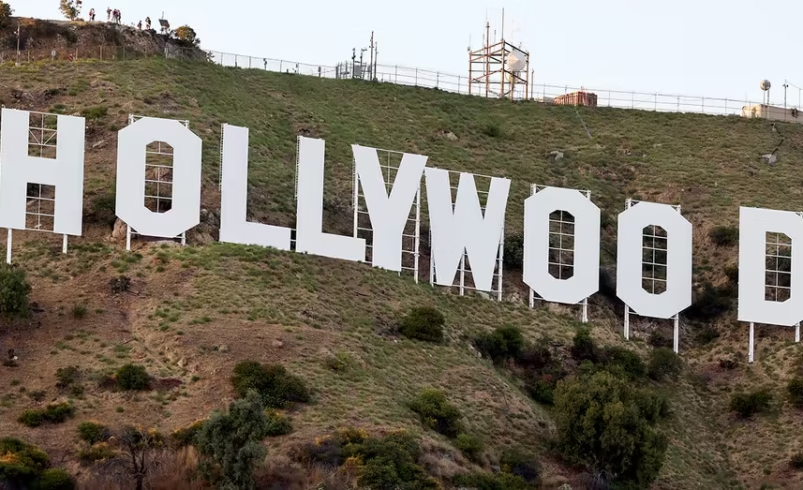Hollywood’s Shift from Diversity: A New Era of Entertainment
- August 11, 2025
- 0

Hollywood is witnessing a significant transformation as it moves away from its “progressive snowflake era,” according to a recent guest essay in The New York Times by Sharon Waxman, editor-in-chief of The Wrap. The industry is reportedly shifting its focus from diversity, equality, and inclusion (DEI) initiatives to more traditional narratives. This change marks a departure from the socially conscious storytelling that has dominated Hollywood for over a decade.
Waxman highlights the sale of an “anti-woke” reboot of the 1992 film “Basic Instinct” as a prime example of this pivot. The new direction is not just evident in business practices but also in the types of stories being told at the box office. Another example is the Netflix series “The Hunting Wives,” which Waxman describes as featuring characters who are “hot, horny and white,” signaling a move away from diverse representation.
The shift has not been without controversy. Sydney Sweeney’s American Eagle advertisement faced backlash for allegedly hinting at eugenics, yet Waxman notes that this controversy did not resonate within Hollywood’s power centers in Burbank or Beverly Hills. In previous years, such backlash might have led to public apologies and donations to organizations like the ACLU, but this is no longer the case.
The transition comes after numerous controversies, including the #OscarsSoWhite campaign, which prompted Hollywood to emphasize diversity in hiring and storytelling. However, these efforts left some creatives feeling sidelined. Waxman mentions that many white male screenwriters have expressed frustration over being excluded by top talent agencies as Hollywood attempted to “recenter” itself.
Waxman suggests that this shift has been underway for some time but has accelerated with President Donald Trump’s return to office. His administration’s stance against DEI policies has influenced Hollywood studios to abandon these initiatives. As a result, there is less demand for queer writers of color, and preferred pronouns are no longer expected in professional communications.